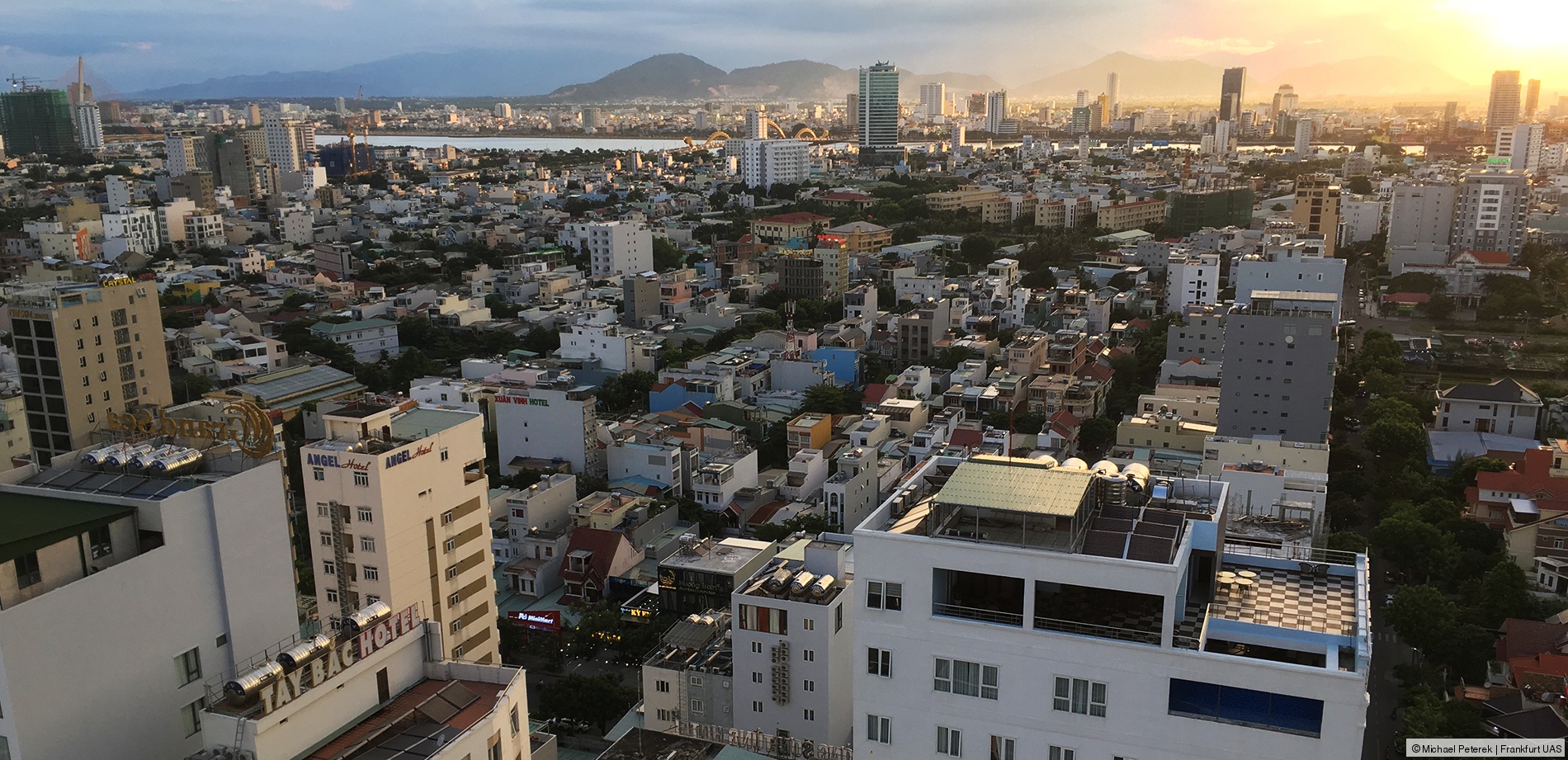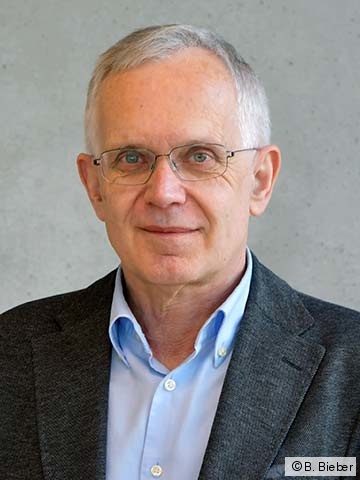Research Team Global Urbanization
The Global Urbanization research team deals with the challenges and manifestations of worldwide urbanization.
More than half of the world’s population lives in cities today and this number is expected to increase up to 80 percent until the end of the century. At present, especially Asia and Africa are characterized by increasing urbanization rates, whereas Europe, North and Latin America have already been experiencing a disproportionate number of urban inhabitants for some time. Large areas of these cities and metropolitan regions are growing informally, which means without formal planning procedures, as the planning, the housing and the infrastructure cannot keep up with the speed of the urban growth.
Besides the global issues of economic, technological, social and climate changes, the main challenges of urbanization include:
- provision of adequate housing for the large majority of the population
- sustainable land management for climate resilient urban and open space development
- efficient and sustainable infrastructure provision
- forms of mobility beyond the car-dependent city
- overcoming of social disparities and fair access to land and property
- consideration of city-regional linkages
At the moment, the research team is involved in the following projects:
emplement! – Empowering Urban Regions for Implementation of Sustainability and Resilience Strategies Considering the Urban-Rural Nexus.
Subproject 4: Regional Networks and Spatial Development Concepts (research & development phase) // Strategy Evaluation and Implementation Activities (definition phase)
BMBF sponsored, research & development phase 2021-2025, definition phase 2019-2021, preparation phase 2017-2018
To the project page
Emerging Cities in the Global South
Book project for Routledge Publishers on fast-growing cities in global developing regions, with M.Sc. Sabena Thomas and in cooperation with Dr Florian Wiedmann, University of Nottingham
A Multi-Dimensional Assessment of the Impact of Socio-Economic Factors on Urban Form Resilience in Tshwane, South Africa
Co-supervision of a cooperative PhD research project of M.Sc. Sabena Thomas at BTU Cottbus-Senftenberg
Projects completed:
The Impact of Socio-Spatial Factors on the Shrinkage of Medium-Sized Cities in Poland Based on the Experiences of Comparable German Cities
Co-supervision of a cooperative PhD research project in search for relations between spatial factors and urban shrinkage in medium-sized cities in Poland based on urban planning experiences from eastern German federal states
by MSc. Arch. Ewa Szymczyk, Cracow University of Technolog/DAAD Scholarship holder 2023-24 in the Research Team Global Urbanization.
The cumulative dissertation has been completed in May 2025 at Cracow University of Technology - with the following peer-reviewed publications:
Identification of shrinking cities in Poland using a multi-criterion indicator (2023)
Compactness of Polish urban areas – methodologies and analysis based on CLC dataset (2025)
RESURC – RESILIENT Urumqi. Integrated Planning for Developing a Climate-Sensitive Urban Region in Western China/Central Asia.
Subproject 2: Spatial Planning and Capacity Development
BMBF sponsored, definition phase 2019-2021
To the project page
RAPID PLANNING – Sustainable Infrastructure, Environmental and Resource Management for Highly Dynamic Metropolises.
Subproject 3: Urban Planning and Capacity Building
BMBF sponsored, 2014-2020
To the project page



